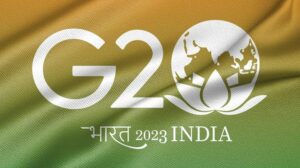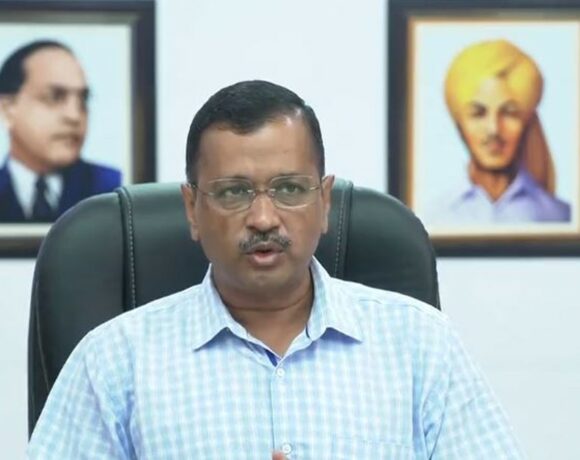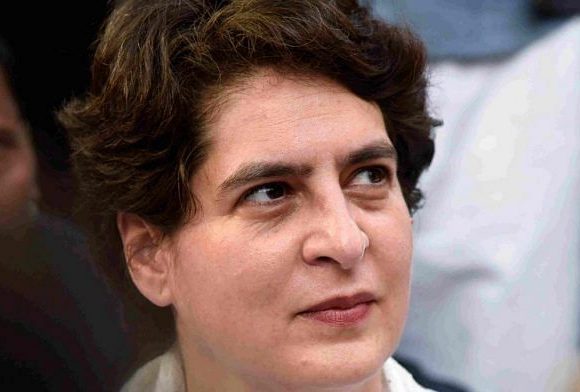G-20 leadership: A historic chance for India

Article By
V P Nandakumar
MD & CEO, Manappuram Finance Ltd
It gives the country the opportunity of a generation to voice Global South’s concerns amid a fragmented global economic order
For the past few years, there has been a visible shift in India’s worldview or global outlook. The hallmark of this historic reset has been an independent foreign policy that put nation’s priority top on the agenda and pushed for a rule-based world order since much of the world is in disarray with conflicting interests imperiling global peace and stability. This is evident from the country’s decision to import crude oil from a sanctioned Russia despite multiple warnings from the West, especially the US. India throwing its full weight behind the neighbouring Sri Lanka in that nation’s hour of crisis by fully supporting a multi-billion-dollar loan from the International Monetary Fund (IMF) is another instance of the nation breaking away from path dependency.
Indeed, the pivot in the policy stance evidently emanates from the country’s growing economic clout globally as multilateral agencies repeatedly refer to India as one, if not the only, bright spot in the otherwise gloomy global theatre. Despite the triple shocks of Covid-19 pandemic, Russia-Ukraine war and multi-decade high inflation and tightening financial condition, India remains the `most resilient nation’ with a world topping economic expansion which is pegged at 7% for the current fiscal. As the economists at the IMF put it, India, along with China, is fast emerging as an engine of global growth, a thunder that the country stole from the US and Germany.

As the president of G-20 nations, India should leverage this growing economic influence to set the agenda for arriving at a solution for many burning issues that need express attention and collective action. It is my view that the G-20 presidency gives the country the opportunity of a generation to voice Global South’s concerns amid a fragmented global economic order.
There are no two opinions that the immediate task before India is to end the meaningless war in Ukraine by making both the warring sides sit across the table and find a durable solution so that peace and order return to the world, which is indeed the need of the hour. A beginning has been made by Prime Minister Narendra Modi who called for international cooperation to deal with global issues, while laying out the country’s approach to the G20. “Respond, Recognize, Respect, and Reform” was the message that India’s Prime Minister sent out to the G-20 leaders during a recent meeting.
I can say with conviction that these four Rs could steady the ship for the global community which is facing a `polycrisis’ – or what the World Economic Forum (WEF) calls “a cluster of related global risks with compounding effects, such as the overall impact exceeds the sum of each part”. As the Prime Minister said, countries need to respond to the priorities, recognise the principle of common but differentiated responsibilities, respect international law and territorial sovereignty, and reform international institutions such as the United Nations (UN).
The Prime Minister also stressed the need for a more just view of the world and how the developing world is being impacted by growing global inequities. As the Prime Minister pointed out, the world is being roiled by the challenges of the Covid-19 pandemic, rising prices of fuel, fertiliser and foodgrains, and increasing geopolitical tensions.
The fragmentation of the international landscape, shortages in grain exports as also oil and gas and fertiliser as a result of the Ukraine war, and terrorism are the other issues that need attention. What is noteworthy is the Prime Minister’s pitch for a ‘human-centered globalisation’ rather than letting a few nations play ‘globo cop’ or harbingers of humanity and champions of economic prosperity. As the president of G-20, India should also make a case for expediting climate change goals but not at the cost of development, ensuring immigration and work mobility for skilled populations, and access to critical technologies.
No doubt, this long to-do list may sound ambitious and could not be achieved in a short span of one year. But then Rome was not built in a day.
Pic Courtesy: Unique Times/ Images are subject to copyright








